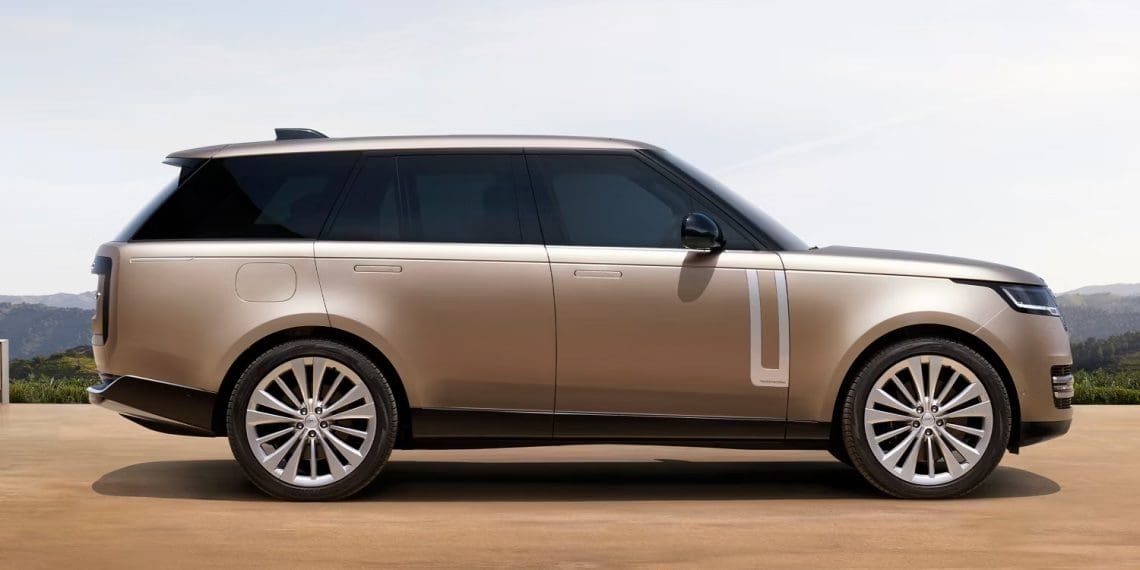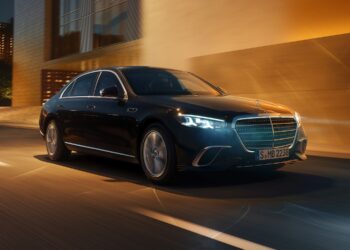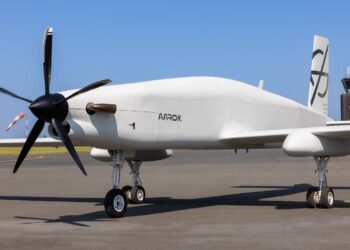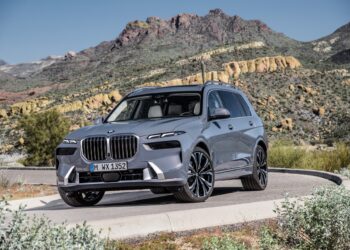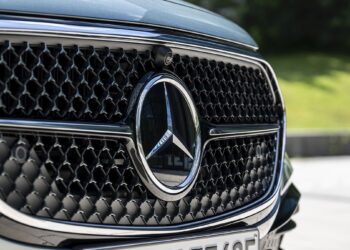Jaguar Land Rover (JLR) is feeling the sting of the global supply chain crisis, reporting a sharp 10% drop in quarterly profits as the luxury automaker faces one of its most challenging years yet. A perfect storm of supply chain disruptions, particularly the semiconductor shortage, has squeezed production and stifled sales, pushing the brand’s revenue down to £4.4 billion. With limited access to essential chips, the automaker has been forced to scale back production on some of its most popular models, leaving dealerships worldwide with fewer cars to meet demand.
For JLR, known for its luxury SUVs and sleek designs, the stakes couldn’t be higher. The automaker has invested heavily in new technologies and electrification, aiming to maintain its status as a global leader in luxury and innovation. But the supply chain bottleneck has tested these ambitions, creating delays that have rippled across its operations and impacted every stage of the production process. Faced with these pressures, the company has been scrambling to pivot, exploring alternative supply sources and working to fortify its logistics in an increasingly uncertain market.
Fighting Back: JLR Hints at Recovery as Chip Supply Stabilizes
In the midst of the turbulence, there is a glimmer of hope. As chip supplies begin to stabilize, JLR is showing early signs of recovery, with recent quarters seeing a modest rebound in production. The company’s revenue climbed to £6.0 billion in the third quarter, marking a 28% year-on-year increase as the company returned to profitability. This turnaround reflects JLR’s resilience and adaptability in navigating supply chain woes that have challenged even the most robust manufacturers. Analysts are cautiously optimistic, noting that a consistent recovery in semiconductor supply could help JLR regain lost ground in 2024.
Industry-Wide Struggles: JLR’s Troubles Echo Across the Automotive Sector
JLR’s challenges are emblematic of a broader crisis hitting the global automotive industry. As supply chain disruptions and component shortages spread, automakers across the board have been forced to make difficult adjustments, from halting production lines to revising delivery schedules. Luxury brands like BMW, Mercedes-Benz, and Audi are also grappling with shortages, showing that even industry giants are not immune to the global supply chain crunch. The situation has underscored the vulnerability of heavily interconnected supply networks and highlighted the urgent need for manufacturers to build greater resilience.
The Road Ahead: JLR Eyes Strategic Overhaul and Supply Chain Reinforcement
As JLR looks to the future, the company is re-evaluating its supply chain strategy to better weather potential shocks. Executives are pushing for deeper investments in supply chain resilience, including strengthening partnerships with chip manufacturers and exploring regional sourcing to reduce dependency on single points of failure. Additionally, JLR is doubling down on its electrification initiatives, hoping that its planned fleet of electric vehicles will position it at the forefront of an evolving market. With the auto industry increasingly shifting toward electrification, JLR’s focus on electric and hybrid vehicles could offer a pathway to sustained growth.
For JLR, the next few quarters will be critical in determining whether the automaker can bounce back from this challenging period. As the company navigates these turbulent waters, it will face high expectations from investors, consumers, and industry watchers who are eager to see if the iconic brand can overcome its supply chain struggles and emerge stronger than ever.
In an industry shaped by constant evolution and fierce competition, JLR’s current situation serves as a stark reminder of the high stakes and the importance of strategic adaptability. For now, the automaker is fighting back, positioning itself to navigate the storm and drive toward a more resilient future.

